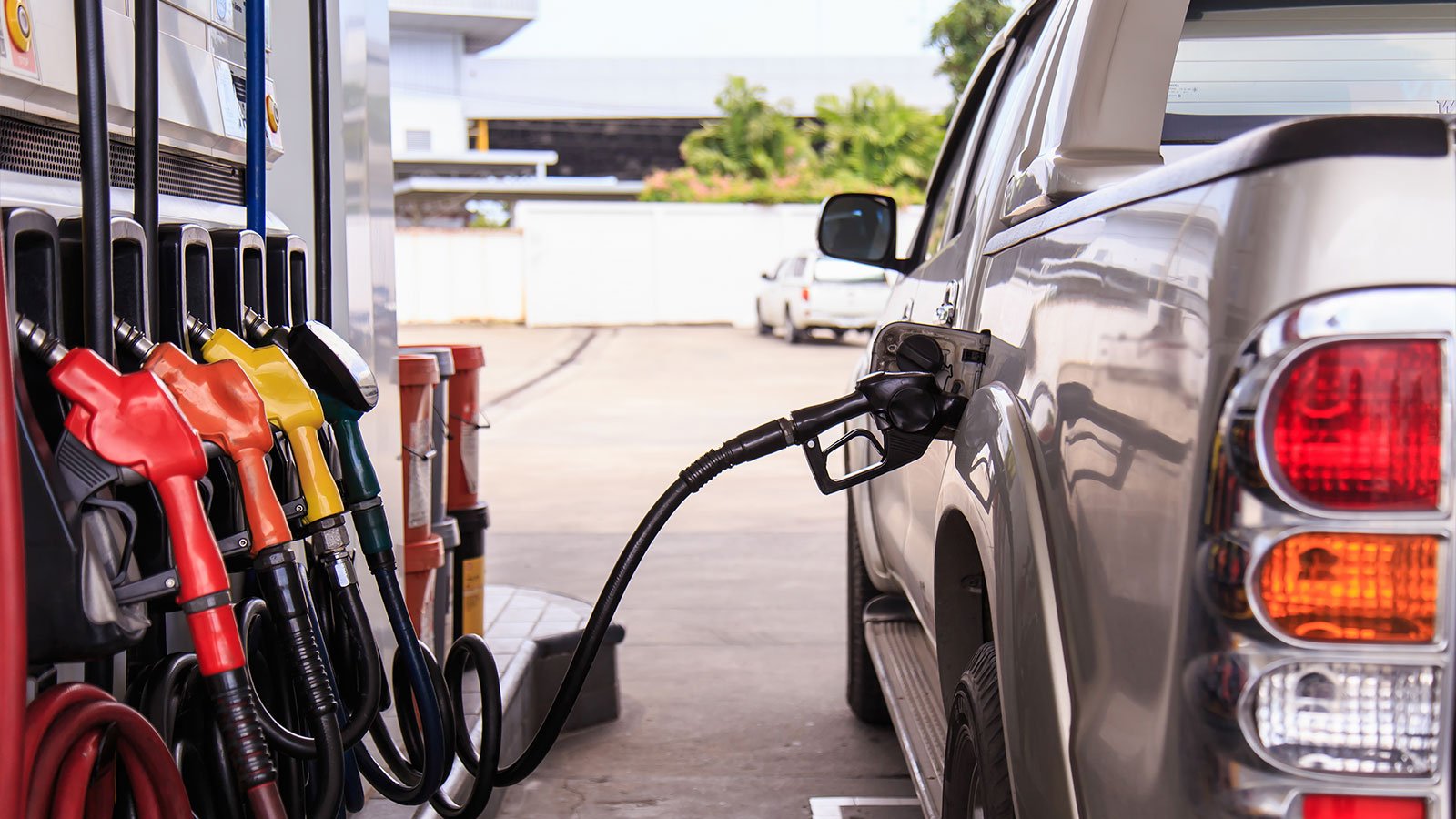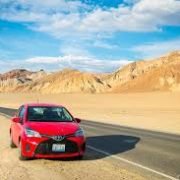How to improve the Fuel Economy of your Vehicle
Fuel is a significant expense for every household and without any prospects of its price going down soon, we are often asking ourselves how we can improve the fuel economy of our vehicle.
The good news is, you can improve your vehicle’s fuel economy by keeping these 3 things in mind: your vehicle, the fuel you use, and your driving habits. Paying attention even to one of those will help you reduce your fuel consumption considerably. If, however, you take into account all three, you will not only save money on fuel but have a better maintained car and a more responsible driving attitude.
Here’s how:
Maintain your car properly
One of the most important factors for fuel efficiency is proper maintenance of the car. If you want to increase the mileage

- Keep your tires properly inflated. This may surprise you, but your car consumes more fuel if you if your tires are over- or underinflated. Keep them properly inflated and you can save about 3% on your fuel consumption. Keep in mind that your tires lose about 1 PSI per month, so it is good to check them at least once a month and even better on a weekly basis. In winter, due to the cold weather the pressure also decreases.
- Opt for narrower tires when possible. Narrower tires have less frontal area and less aerodynamic drag as well. This, however, means that their traction is also reduced. Therefore, you should choose the narrowest possible tires approved by your manufacturer that will allow you to drive safely.
- Buy low-rolling-resistance compound tires. This type of tires can reduce your fuel consumption by a few percent.
- Tune up your car engine. A properly tuned engine will help you increase your fuel efficiency by maximizing the power. Make sure that your spark plugs are in good condition and that your air filter is clean, change oil on time and your car will return the favor by better behavior on the road and less fuel consumption.
- Keep your air filter clean. You need to check the condition of your air filter regularly. Driving on dusty roads will clog it and thus reduce fuel economy since your engine will stall when idling.
Choose your fuel
When we talk about fuel consumption, the main player to consider is the fuel itself. Here is what you need to know
- Buy quality fuel. Do you remember the saying “I’m not rich enough to buy cheap things”? It applies here 100%. Even though discounted fuel may save you a few cents per gallon, you will end up paying more on the long run as it has more ethanol and burns faster.
- Be smart with your AC use. If you are driving in the heavy city traffic where you need to stop and go every few minutes, it is better to keep your AC off as the fuel consumption rises. If you are on the highway, however, it is much better to keep your windows rolled up and your AC on as this improves the car performance and ultimately saves fuel.
- Don’t let your tank dry up. If your run out of fuel this puts stress on the fuel pump. Therefore, it is advisable to maintain your tank more than one quarter full. The best is to fill it up with gas halfway, thus you will have sufficient fuel without adding too much load to your car.
Drive wisely
The way you drive your car affects the level of fuel consumption more than you realize. Here are a few tips how you can reduce it by adopting some good habits:
- Use cruise control. Since using cruise control means that you maintain a constant speed, you usually reduce your fuel consumption.
- Don’t speed up. If you slow down a bit you will relieve the engine since it has to work harder to push through the air when you accelerate the speed. This reduces your fuel efficiency by up to 33%.
- Accelerate smoothly. You should know that engines perform better and save fuel with moderately high air flow (throttle) and at revolutions per minute (RPM)s up to their power peak. This means that if you drive a manual transmission car you need to practice short shifting and shift to higher gears as soon as the necessary speed is reached.
- Don’t brake suddenly whenever possible. Braking wastes the energy from the fuel that you have consumed. Furthermore, accelerating after a brake consumes much more fuel than driving at a constant speed. Therefore, you should drive carefully and strategically and avoid excessive braking whenever possible. Approach traffic lights with the necessary care, for example.
- Avoid idling. Idling wastes a lot of fuel so you need to avoid it whenever that is possible. If you need to warm up your vehicle, it is better to drive it slowly until it reaches the necessary temperature for smooth operation. In very cold weather, however, idling is necessary, so let the engine idle a minute or two.
- Discover the best speed for your car. Each car has a specific speed at which it gets better mileage. Usually, it is around 50 mph but can differ a bit for the different makes. Find the best speed for your vehicle and choose the roads at which you can maintain it.
All these tips, especially if combined, will help you reduce your fuel consumption and add some extra cash to your budget. As a bonus, we will also advise you to keep the load in your car to minimum – do not use your trunk as a storage for heavy items that you don’t need on the road, remove any seats that you do not need, etc. Thus, you will need less fuel, especially driving through the heavy city traffic.






